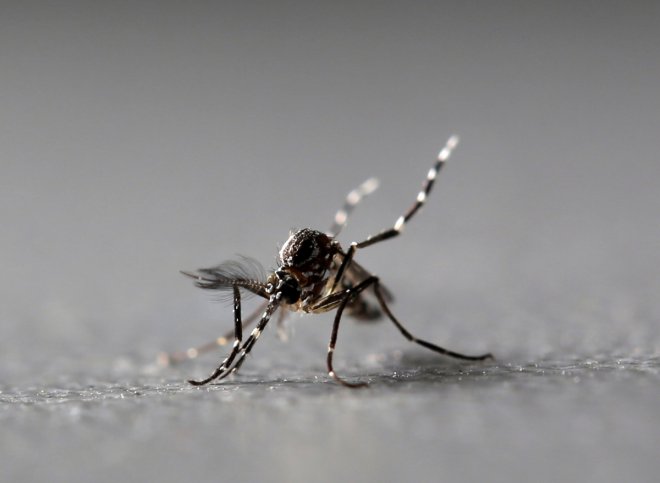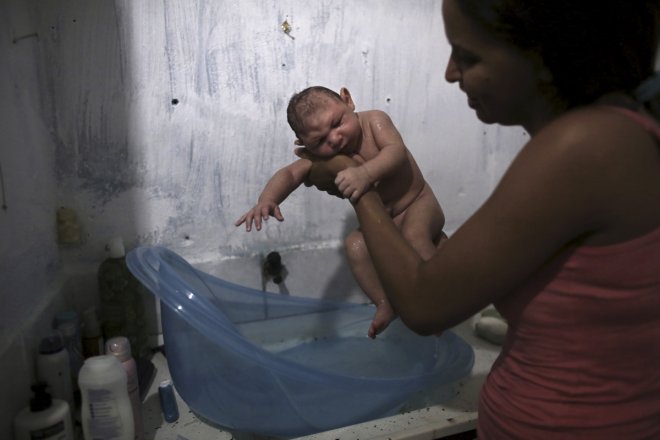
Zika virus, responsible for microcephaly in newly born babies, is no longer a world public health emergency, declared the World Health Organization (WHO) on 18 November.
Though WHO removed the international emergency tag it, however, said that the mosquito–borne Zika epidemic remains a challenge in at least 30 countries which reported birth defects linked to the disease.
"The Zika virus remains a highly significant and long-term problem, but it is not anymore a public health emergency of international concern," the world health body's emergency committee chairman Dr David Heymann said.
Meanwhile, experts have criticised the WHO's decision saying that it was taken in a hasty manner without gauging the situation properly. Even Brazil, which is one of the countries severely affected by Zika, has refused to downgrade the risk of the disease and said that it will continue to maintain a state of emergency.
"We will maintain the emergency (status) in Brazil until we are completely tranquil about the situation," said Health Minister Ricardo Barros, according to News Channel Asia.
Following the WHO's decision, Lawrence Gostin, an expert from Georgetown University global health and law, said that the call of the world health body is "quite worrying" as mosquito population is likely to increase in the summer season which the southern hemisphere will enter soon.
"I think the international response to Zika has been lethargic, and with WHO's action to call off the global emergency, it has provided reason for governments and donors to pull back even more," said Gostin, as reported.
"That is a recipe for the very lack of preparedness the world has seen time and again with infectious diseases," he added.
Zika virus was first identified in Uganda in 1947 and it became an international emergency in mid-2015. Since then more than 1.5 million people have been infected with Zika. Moreover, Zika which can be transmitted from pregnant mothers to unborn babies has caused microcephaly, which is a medical condition in which the baby's head is smaller than expected, to at least 1,600 babies, said a WHO's study.

Though there is a slight drop in the number of Zika cases being reported from around the word, there are still several patients who are being detected positive for Zika. On 16 November, Thailand's health officials said that 33 new Zika virus cases have been detected in the country. Thailand was also the first country in Southeast Asia to confirm Zika-linked microcephaly cases.
Last month Vietnam raised the threat level for Zika and also increased the monitoring of pregnant women to keep a check on microcephaly cases.









